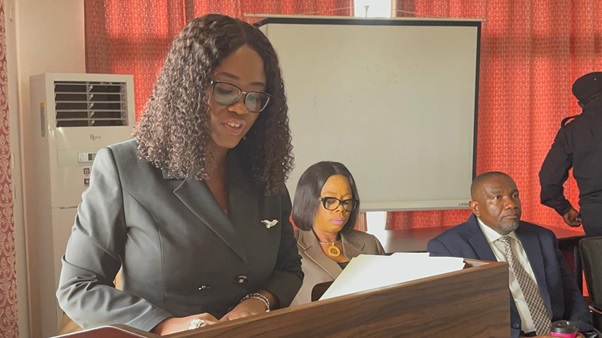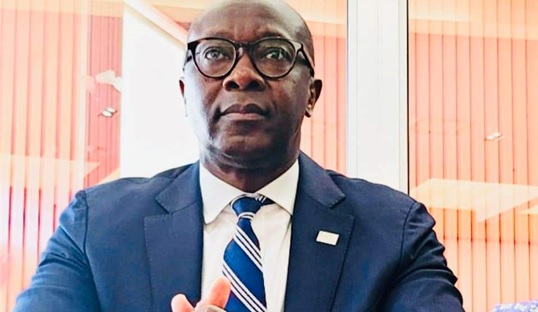MONROVIA – On August 8, 2024, the Liberia Anti-Corruption Commission (LACC) delivered a sobering report to President Joseph Nyuma Boakai, highlighting a significant failure in transparency among the country’s public officials. According to the LACC’s findings, only 26.5% of officials across the three branches of government have complied with the legal requirement to declare their assets—a stark indication of widespread non-compliance and a potential disregard for accountability in public office.
This troubling revelation underlines the critical need for robust enforcement mechanisms to ensure adherence to asset declaration laws. The LACC’s report details the extent of this issue within each branch of government, revealing a pervasive problem that threatens to undermine the integrity of Liberia’s institutions.
In the House of Representatives, only 26 out of 73 lawmakers have complied with the asset declaration mandate, leaving 47 members in violation. This substantial rate of non-compliance raises serious questions about the commitment of these legislators to the principles of transparency and accountability, which are foundational to their roles as public servants.
The situation in the Senate is similarly concerning. Of the 30 Senators, only 12 have declared their assets, meaning that 18 Senators have failed to comply with the law. As key figures in legislative decision-making, this high rate of non-compliance among Senators is particularly alarming and risks eroding public trust in their integrity.
The most significant discrepancies are found within the Executive branch. Of the 1,281 public officials appointed by President Boakai, only 322 have declared their assets, leaving a staggering 959 in violation. Additionally, out of 84 officials not appointed by the President, including comptrollers and procurement officers, only a small number have complied. This widespread non-compliance within the Executive branch suggests a systemic issue in adhering to transparency norms at the highest levels of government.
The Judiciary, expected to uphold the rule of law, is not exempt from this troubling trend. Out of 333 officials, including judges and administrative staff, only 28 have declared their assets, leaving 305 in non-compliance. This failure within the Judiciary could severely undermine public confidence in the impartiality and integrity of Liberia’s legal system.
The LACC’s report indicates that the current asset declaration framework may lack the necessary enforcement mechanisms to ensure full compliance. Without effective enforcement, the asset declaration process risks becoming a mere formality, failing to achieve its purpose of promoting transparency and deterring corruption.
Moreover, the widespread non-compliance highlights a deeper cultural issue within the government, where transparency and accountability may not be adequately prioritized. Addressing this will require a concerted effort to cultivate a culture of integrity within public service. Regular training and awareness programs for government officials, emphasizing the importance of asset declaration, are essential to promoting good governance.
The LACC also emphasizes the role of civil society, the media, and the general public in holding government officials accountable. Greater public awareness and scrutiny can exert pressure on non-compliant officials to fulfill their legal obligations, thereby promoting a more transparent and accountable government.
In conclusion, the LACC’s report paints a troubling picture of non-compliance with asset declaration requirements among Unity Party government officials across all three branches. This widespread disregard for transparency laws undermines efforts to combat corruption and erodes public trust in Liberia’s institutions. Urgent reforms and a renewed commitment to integrity are needed to ensure that Liberia can build a transparent, accountable government capable of serving its people with honesty and integrity.







